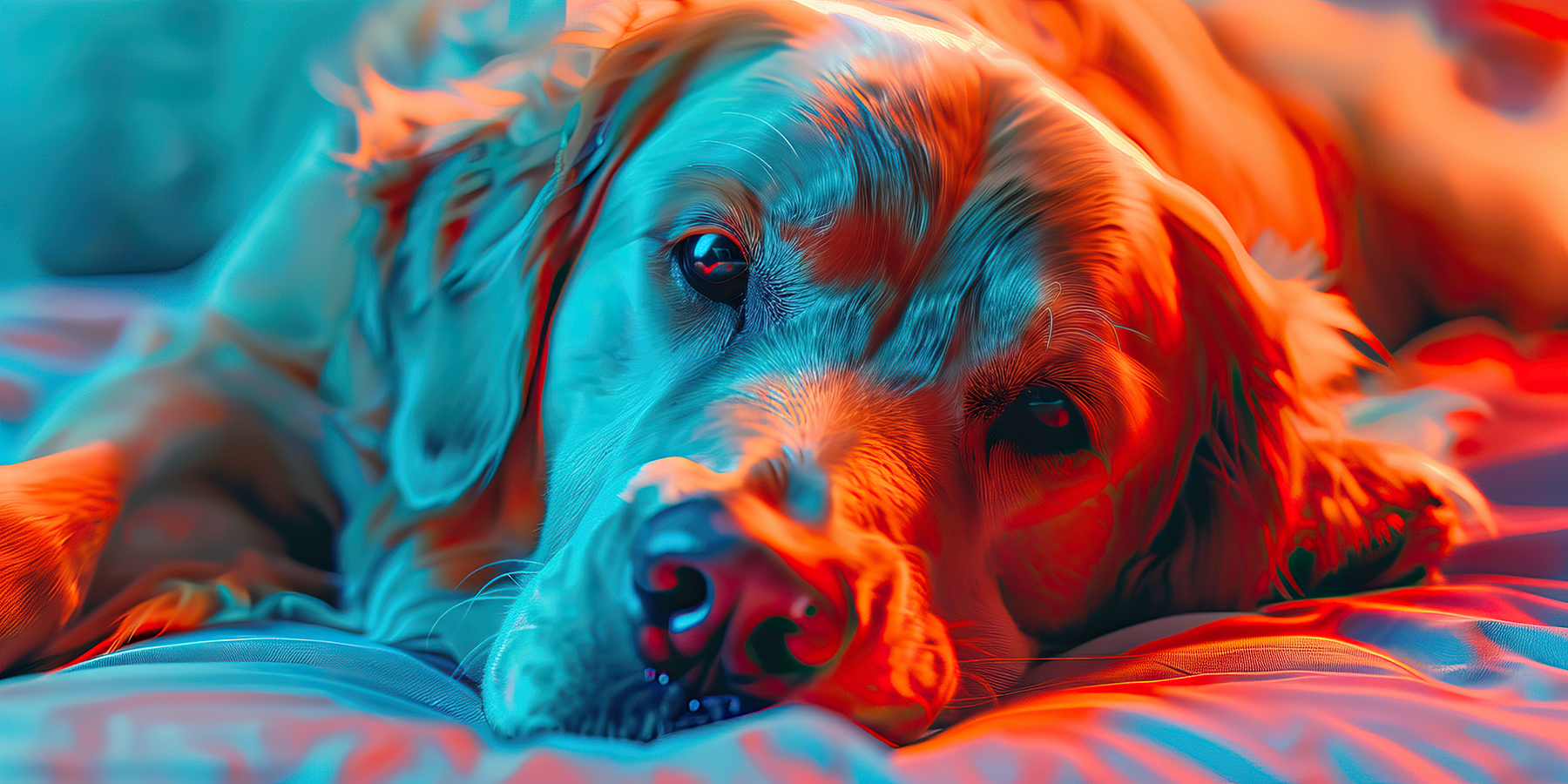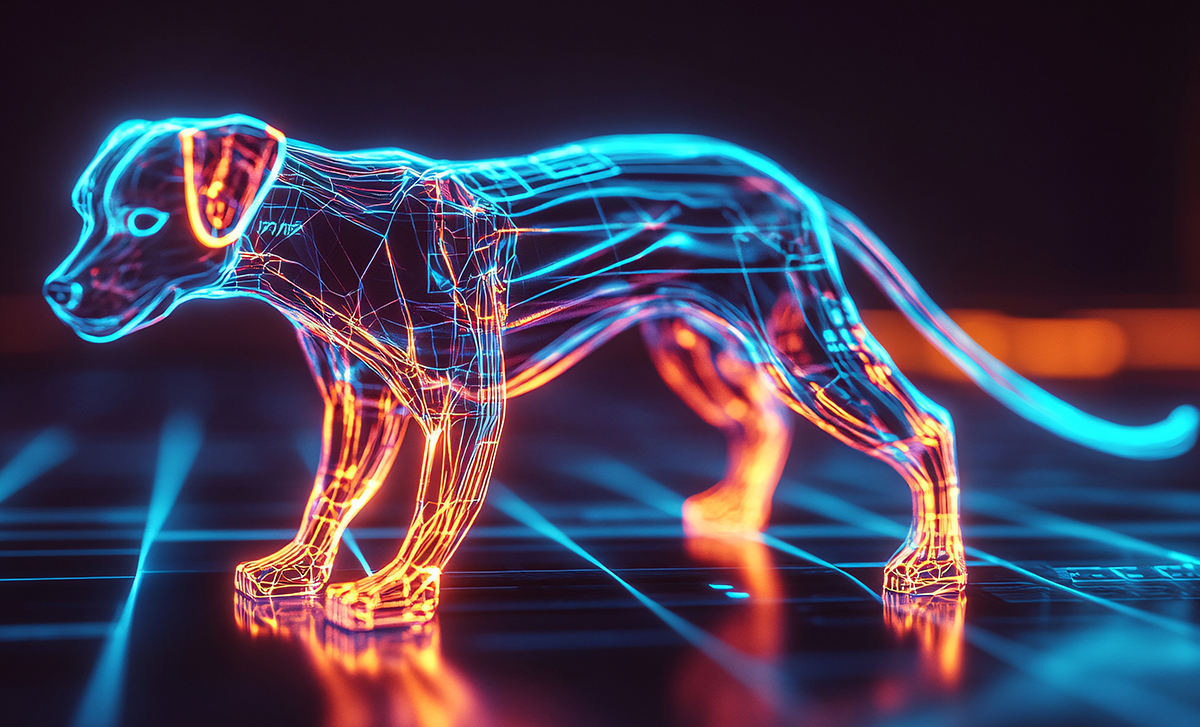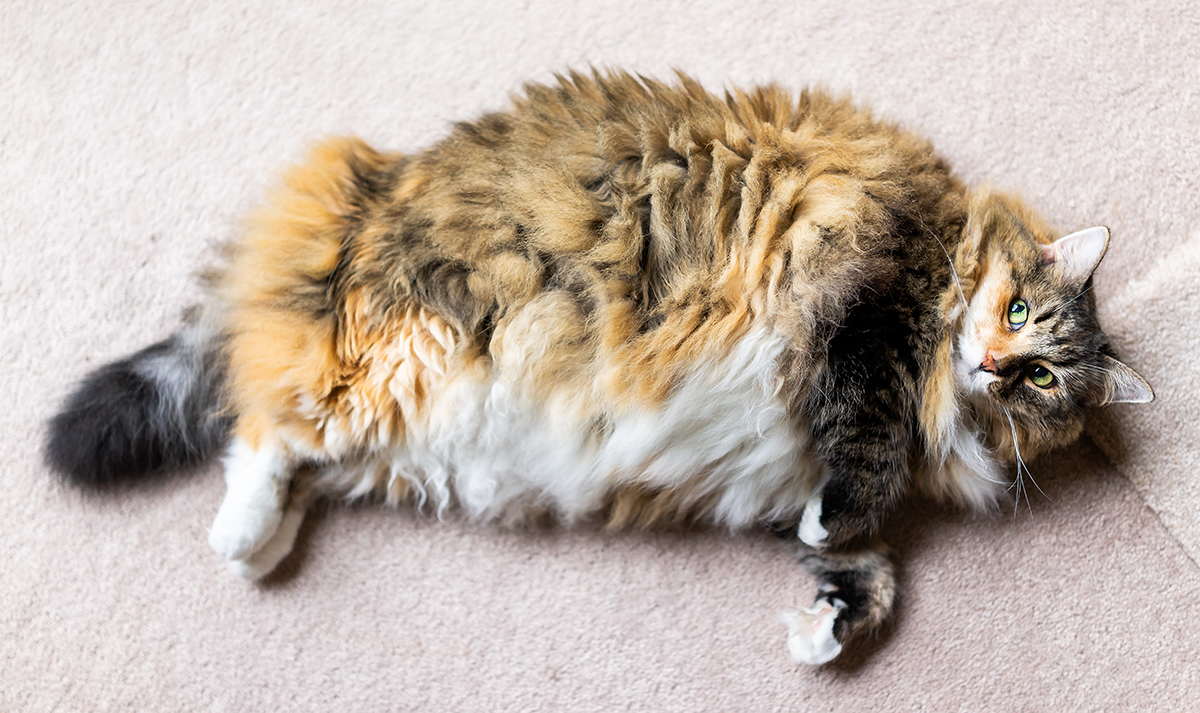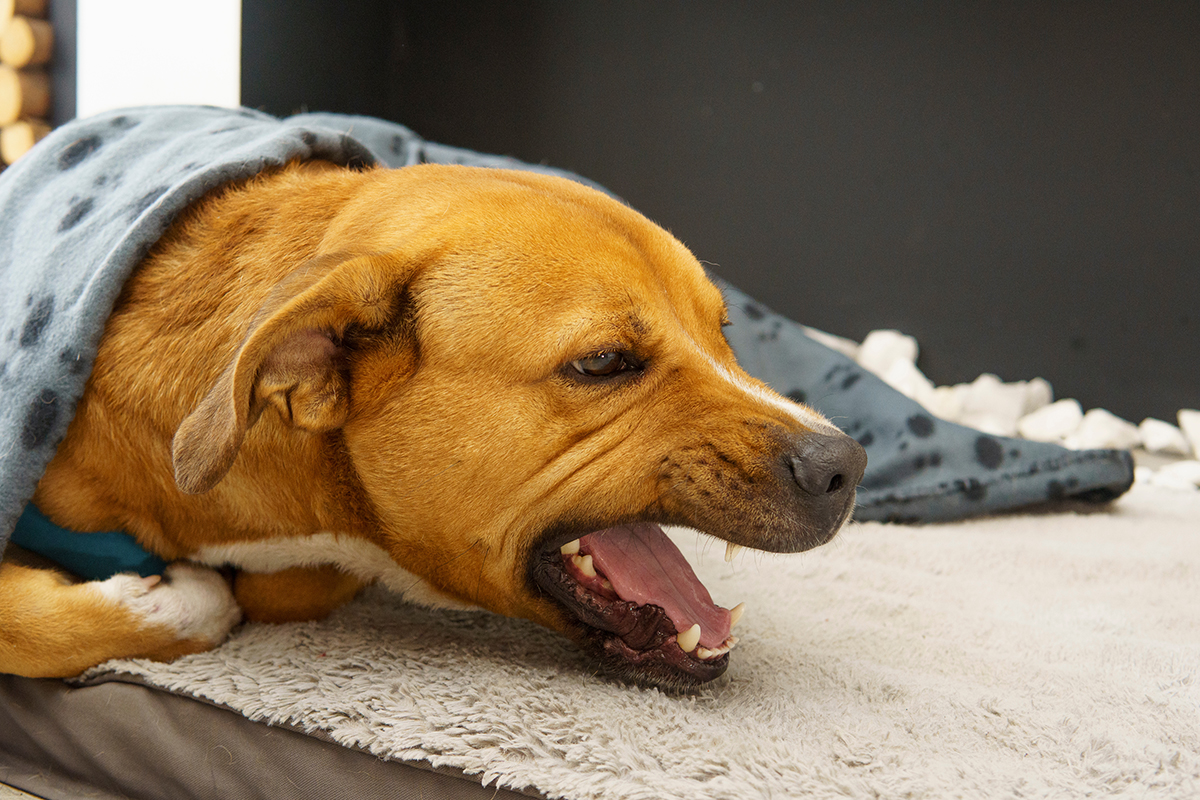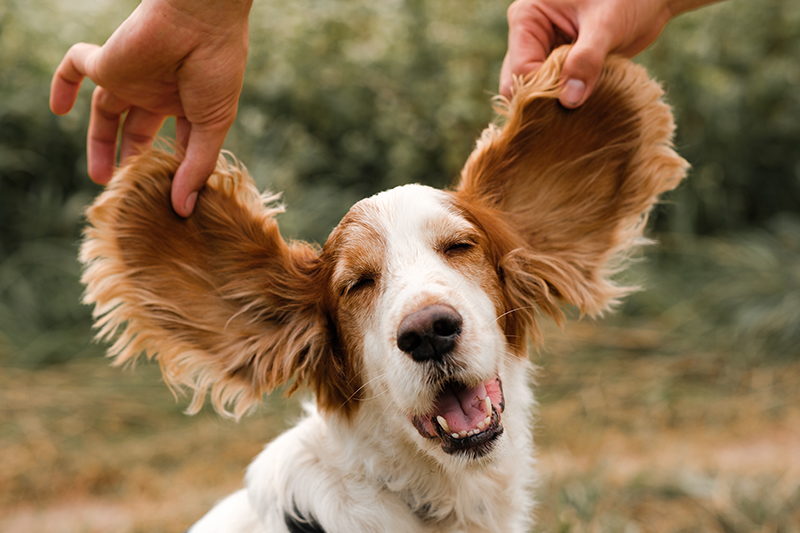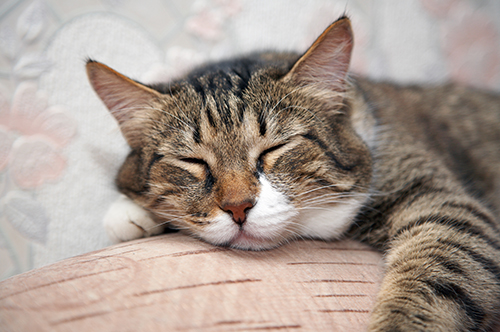 As animals begin to age, they are susceptible to a wide range of potential health problems that can range from the mild to the severe. As our pet’s guardians, we must be on the lookout for signs of disease as our cats enter their senior years. Many of the diseases that affect older cats do have treatments available if the diseases are detected in the earlier stages.
As animals begin to age, they are susceptible to a wide range of potential health problems that can range from the mild to the severe. As our pet’s guardians, we must be on the lookout for signs of disease as our cats enter their senior years. Many of the diseases that affect older cats do have treatments available if the diseases are detected in the earlier stages.
Cancer
Cancer affects both dogs and cats as they age. It is the major killer of both cats and dogs. Cat owners should check their pets for signs of tumor growth on the skin by looking for moles or spots of an unusual color or with an irregular margin.
If your cat is eating less or drinking less water, that may be a sign of cancer of the internal organs. There may be signs of significant weight loss. The cat may also avoid contact with the owner or exhibit signs of pain when handled or petted.
There are cancer treatments available. Surgical procedures can remove tumors, and chemotherapy is available for cats. It is highly effective for some forms of cancer.
Renal Failure
Senior cats are often troubled by kidney malfunction. If your cat’s kidneys stop working properly, it can lead to infections. One of the major signs of kidney disease is excessive thirst. The cat just can’t seem to get enough water. The cat may have frequent urination, as well. In some instances of kidney failure, cats will stop drinking and become dehydrated.
Renal failure is not curable in cats, but the progression of the disease can be slowed with appropriate treatment. Fluids given subcutaneously are often part of the treatment process, and there are drugs available to help the kidneys function more efficiently.
Dental Disease
Gum disease is prevalent in the senior cat population. Tartar build up often leads to infections, and this can lead to tooth loss. Cats with significant gum disease often eat less, and they may be lethargic.
Check your cat’s teeth for tartar build up. Dr. Whitworth can easily remove tartar and prevent tooth loss.
Hyperthyroidism
Hyperthyroidism is a common problem in older cats. It is caused when the thyroid gland overproduces thyroid hormones. Cats with hyperthyroidism often exhibit excessive thirst or appetite. Upon examination, the cat may have an irregular heart rhythm. This condition is treated by either removing the thyroid or irradiating it. Sometimes, medication is used to control the condition.
If you happen to notice any of these signs in your elderly cat, the staff at Whitworth Animal Clinic is here to help. Please give us a call to discuss your options and set up an appointment to have your furry family member checked out! Just like humans early detection is the key to solving some of the these health issues.
© 2019 Whitworth Animal Clinic. All rights reserved.


